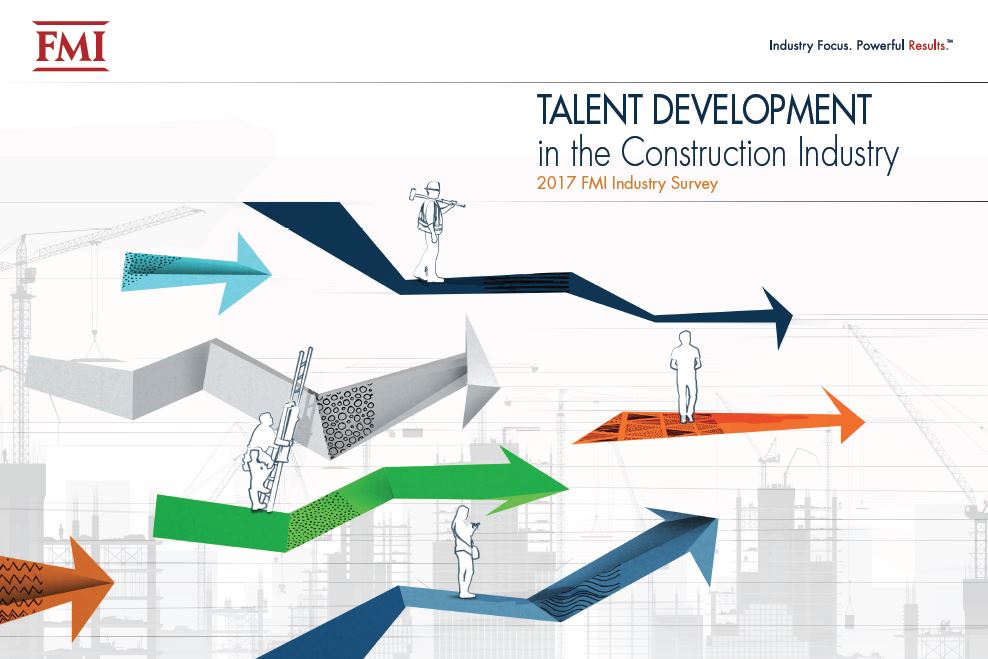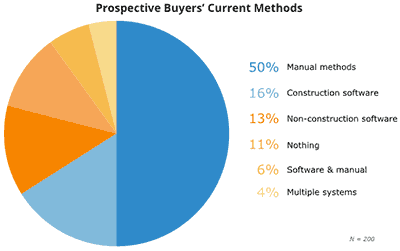Article written by Rob Preston and appears on Forbes.com
CIOs head into 2019 amid a relatively strong, though volatile, global economy. This volatility will only further unsettle their often-precarious position of having to take on new digital projects and innovate at an accelerating pace while also having to lock down costs. It all makes for a “schizophrenic” state of affairs, notes one CIO.
As in past years, CIOs have to make hard choices. Principal among them: how to shift the investment balance from legacy systems to new, mostly cloud-based applications, capabilities, and technologies (artificial intelligence, blockchain, data analytics) while improving security, reliability, and scalability. Oy.
In this, our seventh annual list of the 10 most important challenges CIOs face and opportunities they must grab in the year ahead, we shine a spotlight on several new priorities, but we also update certain ones from past years. As we noted in past years, real change doesn’t happen in discrete annual steps.
Your priorities may vary—based on the size of your organization, your industry, and/or your management’s appetite for change and ability to invest. But consider these 10 a starting point.



 Now in its seventh year, the annual
Now in its seventh year, the annual 













